Choose a report:
➤

Office of Engagement
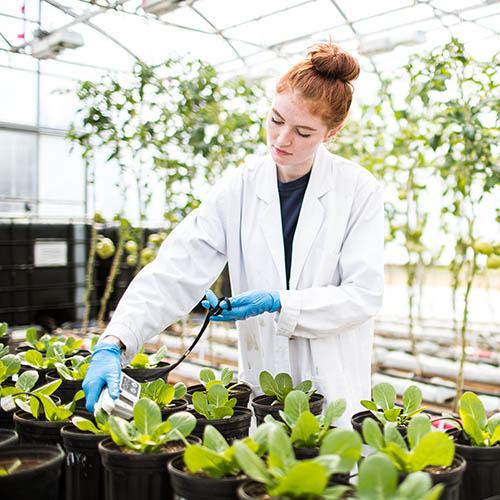
Community Engaged Research
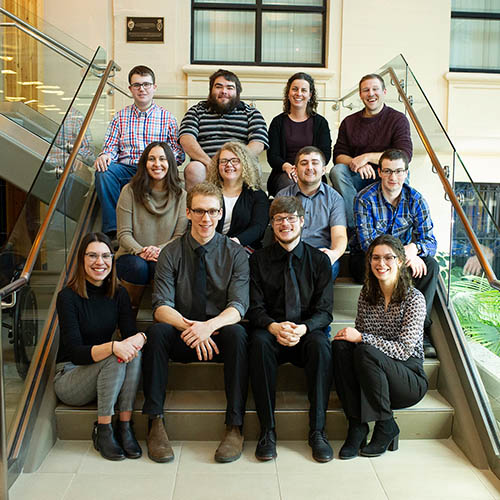
Community Engaged Learning

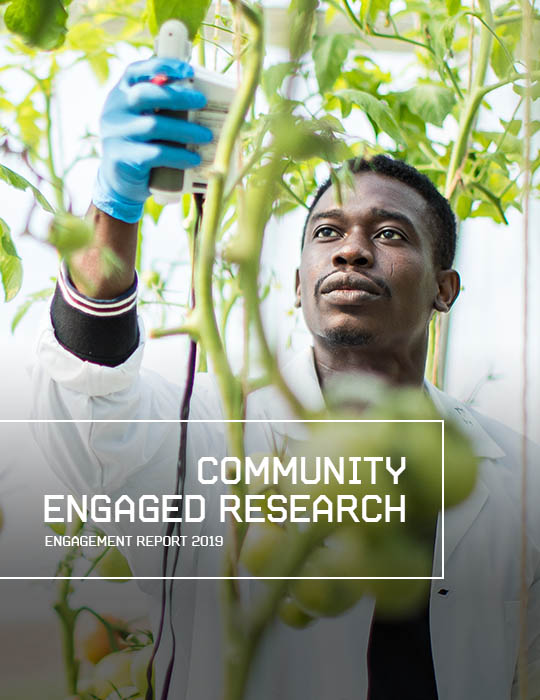
The Offices of Research and Engagement have been actively participating in The Way Forward priorities to grow NL agriculture and forestry industry diversity. In addition, the offices are involved in two provincial Regional Innovation Systems (RIS) Pilots designed to enhance innovation and competitiveness at the regional level: forestry and agriculture RIS pilot in Corner Brook and a tourism and fishery pilot on the Northern Peninsula and in Southern Labrador.
With respect to forest research and forest-based bioeconomy development in Newfoundland, Grenfell Campus and the Canadian Forest Service held a Forestry Research Connector event in December 2018 to highlight current research and potential opportunities for collaborative work in forestry-related topics. Funding received from the Workforce Innovation Centre in conjunction with NL Forestry Industry Association aided in the examination of how to effectively develop and promote the potential of the bio-economy in the forest sector to underrepresented groups.
In the food and agriculture sector, the offices are working on a number of agricultural initiatives with government and industry partners. Roundtable discussions have occurred on campus to identify over-arching research priorities in this area. The Grenfell Agriculture Working Group was formed and worked with key agriculture partners to establish a province-wide "Team Agriculture" (with the provincial and federal governments, the NL Federation of Agriculture, Food First NL). Meanwhile, the Functional Foods Sensory Laboratory has been examining "functional foods" – natural or processed food products with known health benefits beyond basic nutritional needs and continues to grow its research activity, outputs and partnerships.
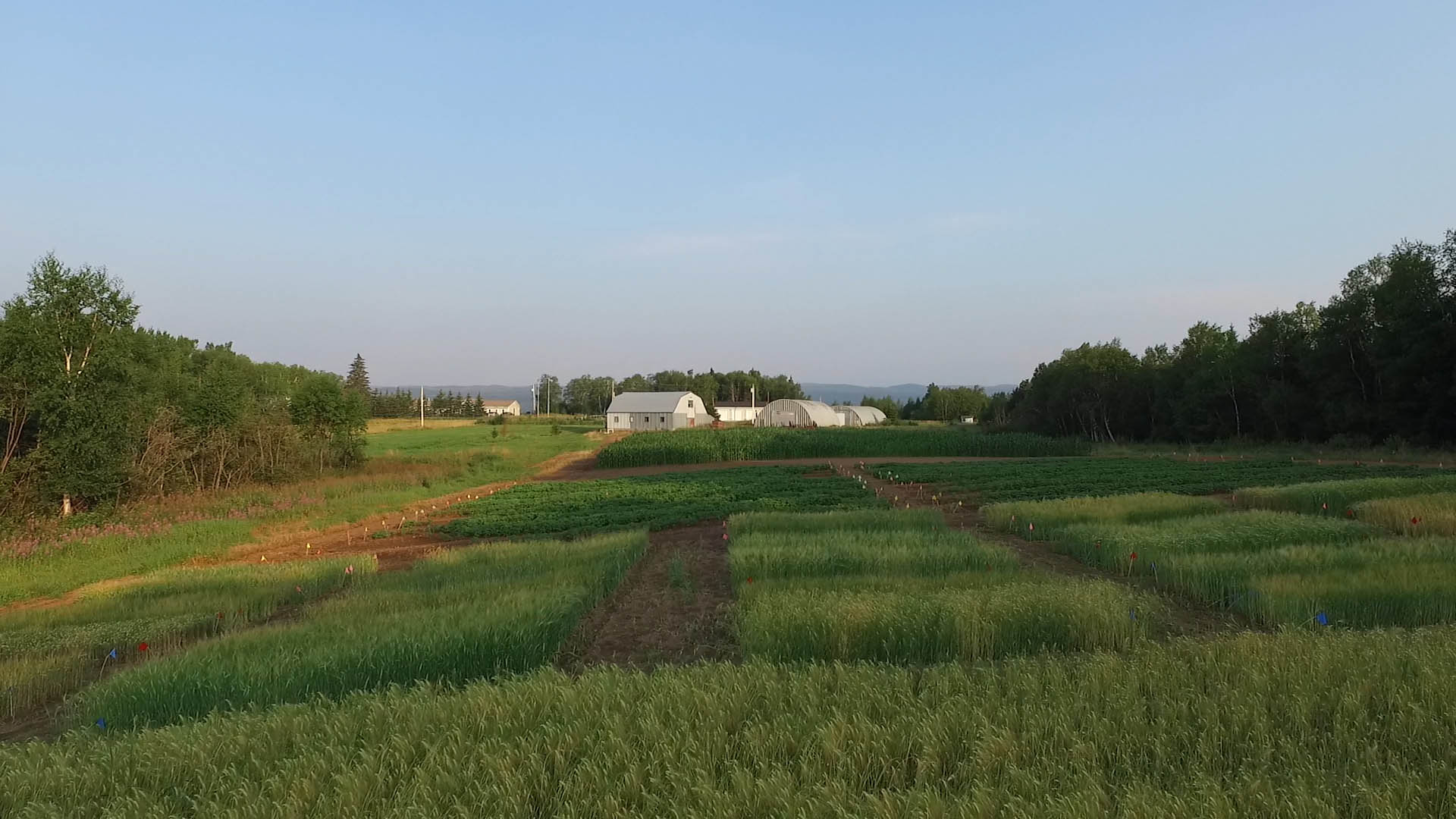
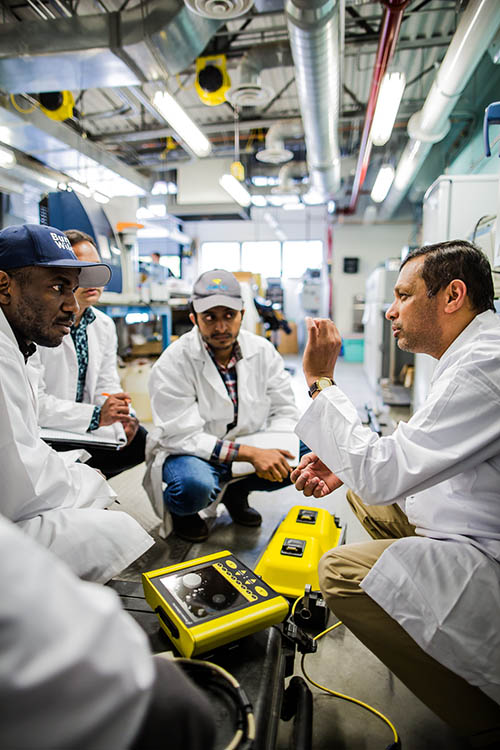
A group of Grenfell researchers is working with Corner Brook Pulp and Paper Limited (CBPPL) and designing a joint research program to drive innovation at the mill. The program is designed to increase CBPPL's competitiveness through better utilization of by-products such as fly ash and sludge. In addition, CBPPL and Grenfell researchers are looking at opportunities for new products other than newsprint that could be the basis of the mill's long-term sustainability as well as markets for those products across the world. As a central component to this partnership, Grenfell, CNA and the mill are joining efforts and expertise to create an innovation centre in downtown Corner Brook. The proposed research and innovation centre would drive industry innovation in the provincial bioeconomy through research and industry training.
In continuing to grow functional foods' research at Grenfell and in the province, researchers are pursuing funding opportunities for a four year project titled "Functional Foods for Coastal Sustainability." Spearheaded by Dr. Raymond Thomas this interdisciplinary project, with a budget of more than $4.5 million, will bring together researchers from five Canadian universities and two international universities, industry partners, and community and Indigenous leaders and organizations. We are optimistic that this venture will make a meaningful contribution to sustaining rural populations, enhancing human health and growing the province's functional foods industry. The Grenfell Agriculture Working Group continues to identify and pursue over-arching research priorities in this area and collaborates with public and private sector partners to establish a province-wide Team Agriculture.
Drs. Raymond Thomas, Lakshman Galagedara, and Mumtaz Cheema, Grenfell Campus, and Dr. Lord Abbey of Dalhousie University, are working with Anaconda Mining Inc. to repurpose their waste from gold mining. The company produces 400,000 tons of rock dust annually as a waste by-product from precious metal (gold) mining. Much of this material could be put to commercial use. Preliminary investigations determined the chemical composition of the rock dust is within acceptable limits for vegetable crop cultivation. The study is evaluating the potential of this waste as a suitable natural media amendment for forest reclamation and agriculture crop production. Anaconda Mining, together with Rambler Metals, Guy J. Bailey and the Town of Baie Verte, also partnered with the Environmental Policy Institute to support a MITACs internship placement completed by MAEP student Rashida Uthman that sought to assess the current state of sustainability in Baie Verte, and action plans to address sustainability issues. The project was linked to Uthman's MA thesis examination of the role of the mining industry in community sustainability in Baie Verte.